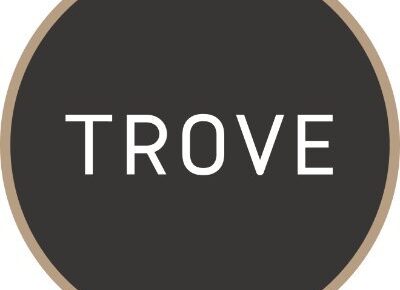SAN FRANCISCO — Ambience Healthcare, developer of comprehensive AI operating system for healthcare organizations, has announced a $70 million Series B raise co-led by Kleiner Perkins and OpenAI Startup Fund. The raise also includes existing investors Andreessen Horowitz and Optum Ventures.
“Healthcare is one of AI’s most promising opportunities to create an outsized positive impact on the world. Ambience Healthcare has built an incredible team to focus on providing a complete ecosystem of products that seamlessly fit into the workflow of practitioners, pushing both AI and medicine forward,” said Brad Lightcap, COO of OpenAI and manager of the OpenAI Startup Fund.
This announcement comes on the heels of Ambience’s rapidly accelerating commercial progress, including deployments with major healthcare organizations such as UCSF, Memorial Hermann Health System, John Muir Health, The Oncology Institute, GI Alliance, Midi Health, and Eventus WholeHealth. A key driver of Ambience’s growth has been the ability to help health systems and large provider groups achieve clear financial ROI as a result of rapid clinician adoption, best-in-class performance, and seamless integrations with leading electronic medical records (EMRs), including Epic, Cerner, eClinicalWorks, Athenahealth, Elation, and AdvancedMD.
Redefining the Clinician and Patient Experience
The Ambience AI operating system consists of a holistic suite of applications, designed to alleviate clinician burnout, improve overall system efficiency, and enable high-quality care. This includes:
- AutoScribe: A real-time AI medical scribe that generates comprehensive notes across all clinical specialties–including emergency medicine and hospital medicine–and integrates directly with all major EMRs;
- AutoCDI: A point-of-care CDI assistant that analyzes conversations and past EMR context to ensure that ICD-10 codes, CPT codes, and documentation all appropriately support each other, as well as full audit trails for revenue cycle teams.
- AutoRefer: AI software that improves handoffs by composing clinically relevant and well-organized referral letters to specialists for expert consult and from specialists back to primary care for long term management;
- AutoAVS: An after-visit summary tool that creates comprehensive educational handouts for patients, families, and caregivers, tailored specifically to each visit, and translated into their language of preference;
- AutoPrep (coming soon): Intelligent pre-charting that equips clinicians with relevant context and suggestions for the visit agenda, along with predictive ‘suspecting’ to unveil potential conditions for screening.
Working in concert as part of a collective ecosystem, these applications are helping health systems reduce documentation time by an average of 78%, improve coding integrity, and achieve at least a 5X return on investment.
“To truly move the needle on quality, cost, and access, we needed a comprehensive platform that covered every single clinical specialty at each touchpoint. From the very first appointment a patient has with one of our clinicians, all the way to the back office operations of how we code and bill. Our team rigorously evaluated and pressure-tested the major solutions on the market. Ambience was the clear choice,” said Dr. Priti Patel, Chief Medical Information Officer at John Muir Health.
What Sets Ambience Healthcare Apart
One of the major challenges for technology in healthcare is that it needs to work well enough to drive widespread end-user adoption, demonstrate measurable time savings, and create a clear financial return on investment.
One complication is the scope of medicine that health systems need to support, which may cover dozens of specialties and subspecialties. Each department has different care models, workflows, and reimbursement frameworks. This poses a serious hurdle for “one-size-fits-all” approaches, which fly blind to these differences. What differentiates Ambience Healthcare is how meticulously it’s been designed for each individual clinical specialty.
For example, in the emergency department, Ambience’s products support non-linear, fast-paced documentation flows, including suspecting, critical care documentation, and consults with paramedics and/or other specialists. Other key technical product features include the ability to:
- Manage simultaneous speakers, multiple languages, and translators
- Operate robustly through intermittent wifi
- Interleave between concurrent visits
- Extract structured data from conversations
By customizing the Ambience AI operating system for each clinical specialty, healthcare systems have seen rapid adoption among clinicians.
“It feels like I have the world’s best medical scribe for Urology, the world’s best CDI expert for Urology, and the world’s best patient experience specialist for Urology at my side for every single visit,” said Richard Long, MD a Urologist at John Muir Health.



